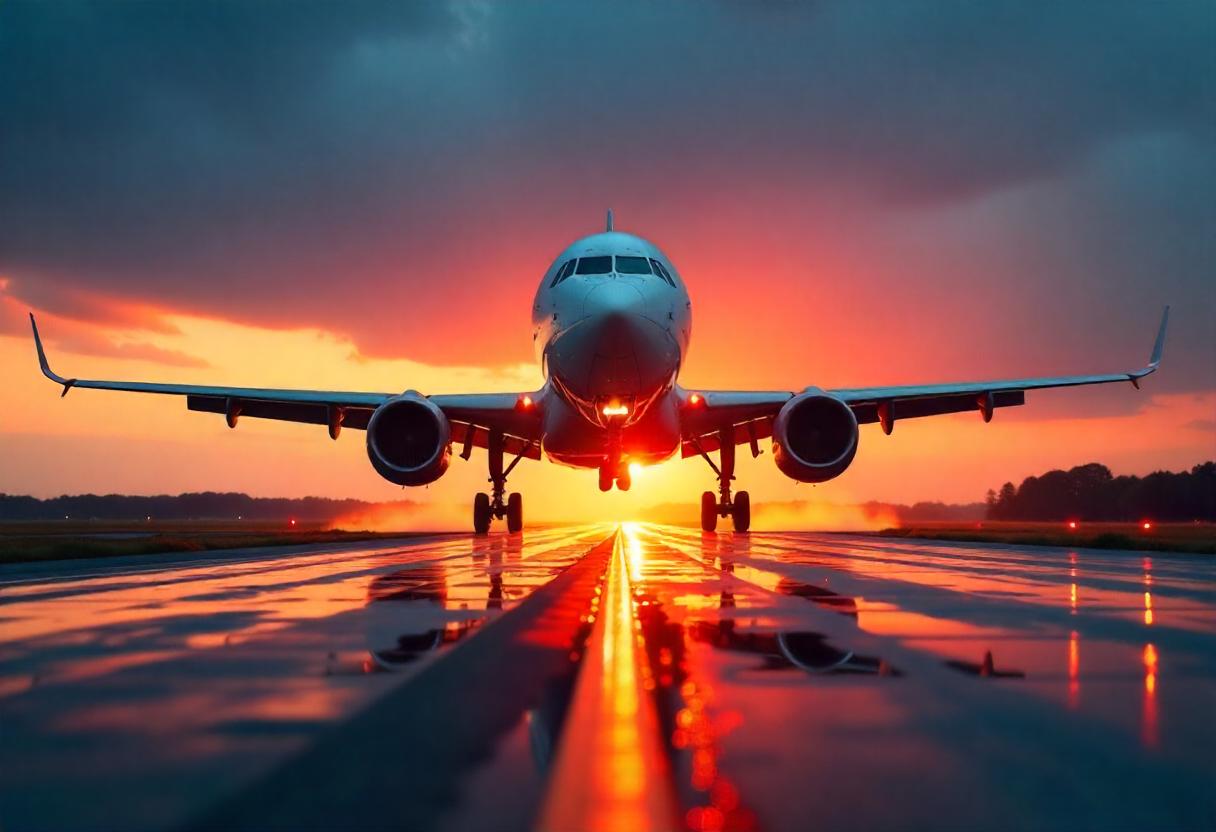Arizona Joins US States Like Texas, Florida, California, and New York Battling a Severe Drop in Canadian and International Visitors as Travel Boycotts and Visa Fears Trigger Sharp Tourism Declines - Travel And Tour World
Saturday, June 7, 2025

Arizona has now joined the growing list of US states—including Texas, Florida, California, and New York—that are grappling with a steep and sudden collapse in international tourism as 2025 unfolds, with Canadian travelers leading the exodus amid rising visa complications, long border wait times, and politically driven boycotts. What began as isolated cancellations has escalated into a widespread shift away from US destinations, as foreign visitors increasingly turn to Europe, Mexico, and the Caribbean for friendlier travel alternatives. For Arizona in particular—once a winter magnet for Canadian snowbirds—the downturn marks a sharp reversal, fueled by controversial immigration policies requiring extended-stay Canadians to register with US authorities, a rule seen by many as intrusive. Combined with growing sentiment that the US is no longer a welcoming destination, these overlapping issues are triggering sharp revenue losses across tourism-dependent cities and forcing state travel boards to confront a much larger reputational crisis.
Long celebrated as a winter haven for Canadian snowbirds, Arizona has built a strong seasonal economy on foreign arrivals. But that lifeline is now unraveling. From April to September 2025, bookings from Canada to Arizona have collapsed by more than compared to last year. The drop comes after the U.S. introduced new immigration requirements demanding that Canadian travelers staying over 30 days register with authorities—rules many see as intrusive and unnecessary.
This change hit hard, especially in Phoenix. According to recent airport data, , erasing early gains made in January and February. Local businesses from Scottsdale resorts to Sedona tour operators are reporting cancellations, lower foot traffic, and a sharp fall in seasonal income. For a state that welcomed over , with an economic impact of nearly , the reversal is jarring.
Beyond the numbers, there’s growing sentiment among Canadian travelers that Arizona—and the U.S. more broadly—has become less welcoming. The tone of diplomatic discourse, immigration policies, and even offhanded political remarks suggesting “annexation” of Canada have only intensified the backlash, fueling a boycott movement across Canadian provinces.
Texas, too, is watching its international travel figures fall. In Houston, one of the state’s top gateways, international arrivals fell through February 2025. Travelers from Mexico and the United Kingdom—two of Texas’s key inbound markets—have pulled back amid concerns about increased scrutiny at land borders and airports.
Heightened immigration enforcement and negative media coverage surrounding detentions at checkpoints have added fuel to the fire. In cities like El Paso and Laredo, hotel bookings and cross-border shopping are down sharply. Meanwhile, in San Antonio, tourism officials have acknowledged a softening in foreign interest, though they remain hopeful that domestic travel can help offset the loss.
Florida, one of America’s most tourism-dependent states, is also reeling. The Sunshine State has traditionally relied on Canadian vacationers to fill beach resorts, golf courses, and rental homes—especially during the winter months. But travel agents in Quebec and Ontario are now reporting that bookings to Florida have , particularly from February to March.
Resentment is growing in Canada over the increased scrutiny Canadians face at U.S. borders, and in response, many families are opting for Mexico, the Caribbean, or even European getaways instead. For Florida’s tourism operators, it’s a troubling trend—especially given the state’s reliance on Canadian snowbirds to support everything from hospitality to real estate.
California, another international tourism powerhouse, is experiencing steep losses. Los Angeles alone has recorded a in 2025 so far, with similar trends seen in San Francisco. Many travelers from Europe and Asia have cited both visa processing delays and a less favorable view of traveling to the U.S. as core reasons for canceling or postponing trips.
The state’s tourism board has launched aggressive marketing campaigns abroad to reverse the trend, but the damage may already be done. Convention centers, luxury hotels, and guided tour companies have all reported scaled-back operations due to decreased demand.
New York is bracing for one of the most dramatic financial impacts in the country. Officials estimate that , translating to a loss of nearly in tourism revenue. The drop-off isn’t isolated to Manhattan—Niagara Falls, the Adirondacks, and other upstate destinations that depend on Canadian tourists are all feeling the pinch.
What’s particularly worrying for New York is that these losses follow years of steady growth post-pandemic. For the state’s hospitality industry, restaurants, entertainment venues, and retailers, the sudden international pullback has raised alarms about long-term economic vulnerability.
This isn’t just about Arizona or a few southern states. Across the country, tourism boards and airport authorities are ringing the alarm. A report from Tourism Economics forecasts a , amounting to an estimated .
Several factors are driving the decline:
The perception of the U.S. as a less welcoming destination has reached a tipping point. In many countries, families and tour operators now see other destinations as easier, safer, and more respectful to tourists.
Arizona has joined major US states like Texas, Florida, California, and New York in facing a steep drop in Canadian and international visitors, as 2025 travel boycotts and stricter visa rules drive tourists to seek friendlier destinations.
States like Arizona, Texas, and Florida aren’t just losing visitors—they’re losing confidence from key international markets. With Canada once accounting for over 15 million annual visits to the U.S., the ongoing drop is far more than seasonal. It’s structural.
Tourism boards are trying to fight back with advertising, diplomacy, and limited policy reversals. But as long as visa fears and unfriendly rhetoric continue to dominate headlines, the U.S. may continue to fall further down the list of preferred destinations.
Unless there’s a strategic, coordinated effort to restore trust with travelers—especially in Canada, Europe, and Asia—the steep 2025 downturn could become the new normal.












